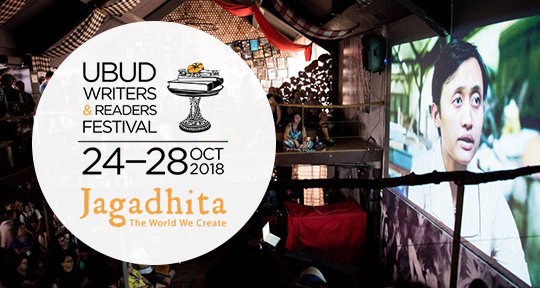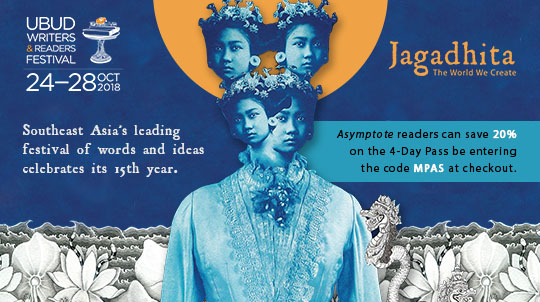This week, our editors on the ground are bringing you news of summer literary festivities, publishers fighting back against silence, gatherings of award-winning writers, translation exhibitions, and more!
Amaryllis Gacioppo, Newsletter Editor, reporting from Italy
Italians are known for their ability to delight in la dolce vita, and this exuberance is never more evident than in the summer season, when the entire country throws itself into festivities. The Italian literary world is no exception: from June 9 to June 12, indie publisher festival Una marina di libri held its thirteenth edition in the massive open-air courtyard of Palermo’s Villa Filipina. Along with an indie book fair—which included publishers such as Edizioni E/O (Elena Ferrante’s Italian publisher), Iperborea (an Italian publisher specialised in translations of Northern European literature), La Nuova Frontiera (a Rome-based publisher focusing on Spanish, Catalan, and Portuguese-language translations), and famed Palermitan publisher Sellerio—festival-goers were treated to poetry readings, music, wine, pizza, and magazine launches—such as that of Arabpop, a beguiling Italian magazine on its second issue, which is devoted to Arab art and literature. This year’s festival was dedicated to both Pier Paolo Pasolini and the thirty-year anniversary of the Capaci massacre (in which one of Palermo’s famed and beloved anti-mafia magistrates, Giovanni Falcone, was murdered by Cosa Nostra, along with his wife and three police escorts). One such event featured theatre and music students from Teatro Biondo and Palermo’s Conservatory giving music-accompanied dramatic readings of pieces by Pasolini, Giuliana Saladino, and Leonardo Sciascia at various times and locations around the festival. Others featured educational talks for young people about famous anti-mafia figures including Falcone and Paolo Borsellino (Falcone’s friend and fellow beloved magistrate, murdered with five police escorts by Cosa Nostra less than two months after Falcone), and the presentation of Pietro Grasso and Alessio Pasquini’s new book Il mio amico Giovanni, in which the former spoke about his friendship with Falcone.
In other news, the shortlist for Italy’s most prestigious prize for book-length fiction, the Strega Prize, was announced on June 8. Among the nominees are Marco Amerighi, for his second novel Randagi (Strays); Fabio Bacà for his second novel Nova; Alessandra Carati for her first novel E poi saremo salvi (And then we’ll be safe); prior Strega nominee Mario Desiati for Spatriati (Patriates); Veronica Galletta for her second novel Nina sull’argine (Nina on the riverbank); Claudio Piersanti for Quel maledetto Vronskij (That damn Vronkskij); and Veronica Raimo for Niente di vero (Nothing true). I found the nominees list to be exciting, with many up-and-coming writers unearthed, along with more established writers that have yet to be appreciated in the Anglophone world. With the exception of Desiati, Piersanti, and Raimo, most are relative newcomers on their first or second book, and—with the exception of the latter two—have yet to be translated into English. READ MORE…



